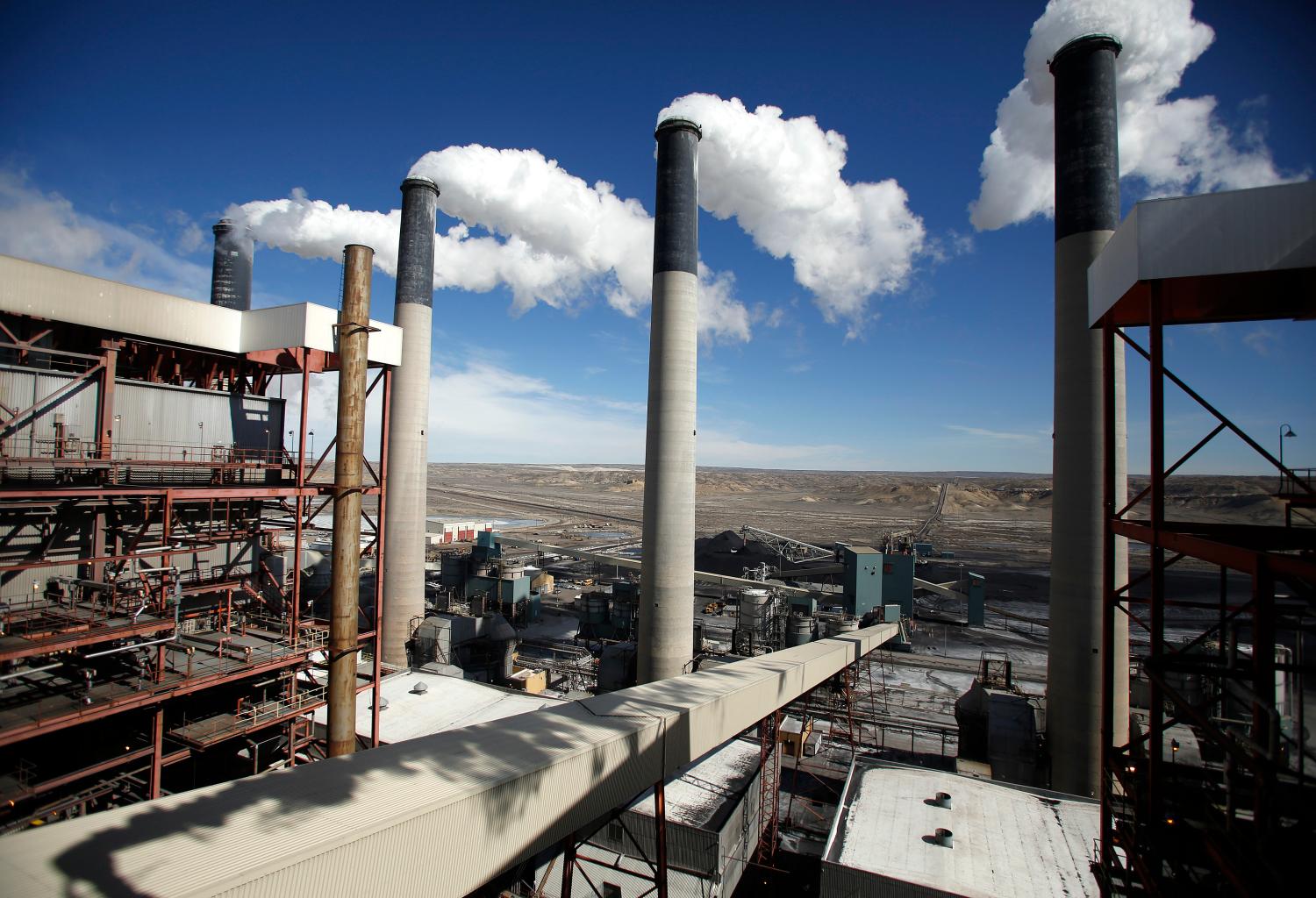Some politicians call climate or other environmental policies a “war on coal,” framing the measures as an attack on the well-being of hard working Americans. Others chafe at such rhetoric, arguing it is aimed at derailing sensible measures to reduce the risks of global climatic disruption and harmful air pollution. Whatever the merits in each side’s arguments, it is increasingly clear that owing to both market-driven trends and environmental policies, workers in the coal industry and their communities are rightly concerned about their future.
The coal sector is already changing dramatically, particularly but not only in Appalachia. Job losses are mounting. Longstanding firms are facing bankruptcy, and retiree benefits are under threat. Some communities are experiencing deteriorating fiscal conditions, and many residents in the coalfields have important unmet healthcare needs. In addition, even while coal improved countless lives by fueling affordable, reliable electricity, many decades of coal production have scarred landscapes and impaired waterways, and reclamation liabilities could be underfunded. Federal policies to control carbon dioxide emissions, if they are implemented as planned, will decrease coal consumption further, exacerbating all of these challenges.
Addressing these concerns is urgent. A well-designed well-funded package of federal policies could help hard-hit communities and families make the necessary transitions to a more diverse economic base, to new careers, and through retirement. A truly effective set of measures could also assure policymakers that environmental protection doesn’t have to kick people when they’re down, and if done well may even make them better off than they would have been absent climate policy.
This paper reviews the challenges facing the coal workforce and the case for significant federal investment those workers and the areas in which they live.
Section 2 examines recent trends and the outlook for the industry under current and alternative policies with an eye to understanding the implications for the associated workforce.
Section 3 explores the specific needs of the affected individuals and communities and summarizes literature on previous transition programs.
Section 4 reviews current legislative and budget proposals. It concludes that they include promising approaches, but their funding levels are unlikely to be sufficient to address appropriately the myriad needs outlined in Section 3.
Section 5 argues that replacing Clean Air Act regulations with a tax on the carbon content of fossil fuels and other greenhouse gas emissions could provide more-than-ample resources to advance the well-being of coalfield workers and communities, while at the same time producing superior environmental and macroeconomic outcomes.
The paper draws on insights from a November 2015 workshop at Brookings that gathered a high level group of experts and stakeholders. The conclusions are strictly those of the author.
Editor’s note: Morris is an unpaid advisor to Hillary for America’s Energy, Climate, and Environmental Policy Working Group.



